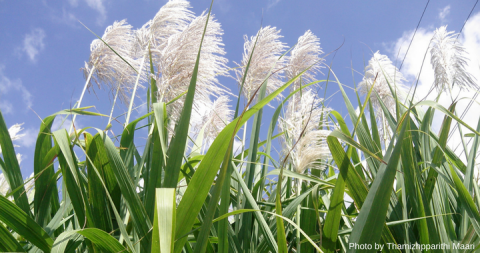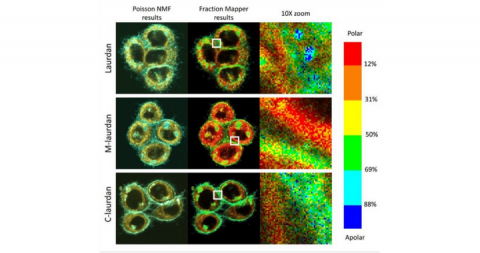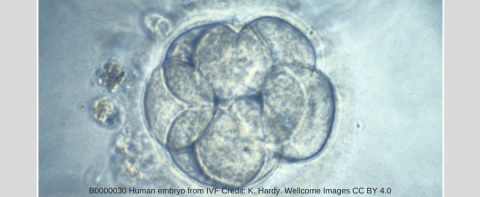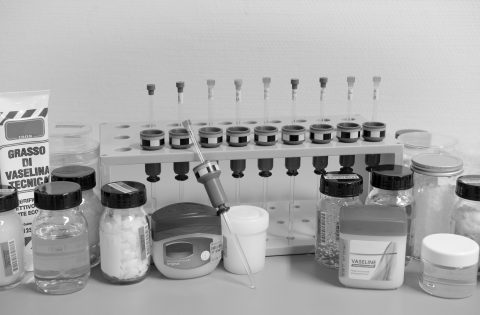A systematic review by Tony Ross-Hellauer, University of Gottingen, Germany, tries to resolve the ambiguity surrounding open peer review by providing more than a 120 definitions. It was openly peer reviewed by Bahar Mehmani, from Elsevier, RELX Group. In this blog, both explain why there can’t be a single precise definition for open peer review and instead communities should clarify their meaning by naming specific traits, such as open identities, open reports or open platforms, to minimise confusion.
Two research groups published their data articles about the sugarcane genome. They explain the crop’s economic importance and the scale of the challenges involved in sequencing its genome.
Eitenne Joly is a research scientist and F1000Prime Faculty Member. In this guest blog, he talks about his area of research and his recent article in F1000Research about the physical state of membranes in live cells.
F1000Research author, Roberto Perez-Torrado, talks about the importance of wine yeasts and the optimum temperature to create the perfect wine aroma.
Hollydawn Murray recently attended the Galaxy Community Conference in Montpellier in France. She gives us a run down of the talks and topics that caused a buzz while there.
In this post, our Editorial Director, Sabina Alam, explores what is meant when control is passed over to the authors. This is a position that many authors may not have found themselves in before so Sabina outlines some of the main aspects of the peer review process that F1000Research authors experience.
There are many questions that have been answered in science, but what happens when you go back and re-examine the evidence? Gavin Jarvis gives us insight into his quest to explore the evidence about embryo mortality and why F1000Research was the perfect place to publish his results.
Science is often a long-term endeavour, with research being conducted over months or years, but scientific hackathons turn this notion on its head by bringing participants together to come up with solutions for scientific problems in just three days. Lisa Federer, from the National Institutes of Health, talks about the creative and collaborative nature of hackathons and the opportunities to get involved.
Through our new partnership with Plotly, you can now publish interactive figures in our articles and for a limited time you will receive a 50% APC reduction if you include one in your article. Thomas Ingraham introduces this new exciting feature and explains how it can bring your data to life
A research article published in F1000Research considers how we can improve routine monitoring of mineral hydrocarbons in cosmetics and medicinal products to minimize the potential health risk. Introducing MOSH and MOAH Mineral oils or mineral oil hydrocarbons are rather vague terms to describe some fractions obtained during crude oil refinement. They are usually comprised of a…















